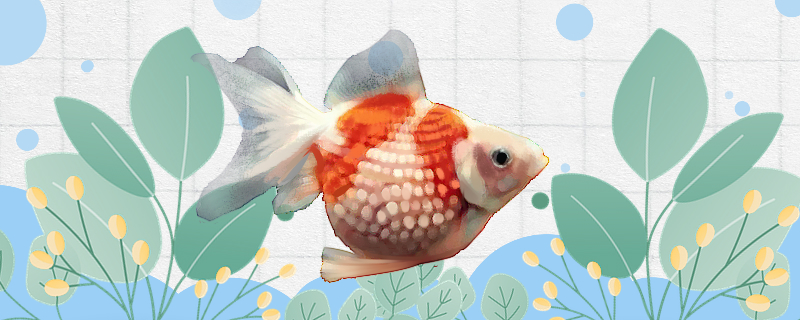
the phoenix-tailed pearl fish? The phoenix-tailed pearl fish has relatively high requirements for the surrounding environment. Whether it is water temperature, water quality or dissolved oxygen in the water, it must meet the requirements suitable for their survival. Otherwise, they are very vulnerable to injury or even death, so the difficulty of raising them is still relatively large, beginners need to carefully consider whether to raise them. However, their character is relatively mild, and they are more suitable for polyculture with other fish.
the phoenix-tailed pearl fish 1, water temperature: phoenix-tailed pearl fish is a poikilothermic animal, their body temperature can change with the water temperature. Therefore, their requirements for water temperature are still relatively high, too cold or too hot water temperature will affect their growth and development. Their optimal living environment temperature is 22-24 ℃.
2, water quality: Their growth rate is very fast, excrement, oxygen consumption is also more. Therefore, in the actual feeding, it is necessary to change the water once every three days or so, so that the fish can always be kept in a state of clear water and sufficient oxygen.
3. Feeding: They have a wide range of feeding habits and are omnivorous fish with animal bait as the main food. Their requirements for food are relatively high, requiring food rich in protein, fat, carbohydrates, vitamins, inorganic salts and trace elements. When feeding, it is recommended to eat small meals.